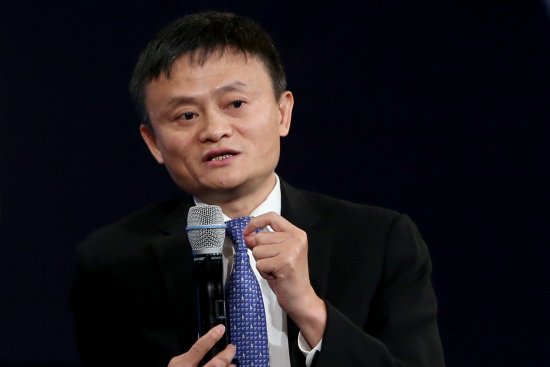
Rejection helped him get creative
Jack Ma is one of the most successful entrepreneurs in the world.
His e-commerce company, Alibaba, attracts 100 million shoppers a day. Ma is worth an estimate $20.4 billion.
But before he was the richest person in China, Ma went through a lot of rejection.
In an interview with Charlie Rose, the businessman revealed that he failed a college entrance exam three times.
Once he ruled out college, Ma applied for 30 different jobs and got rejected.
“I went for a job with the police; they said, ‘you’re no good,’” Ma told Rose. “I even went to KFC when it came to my city. Twenty-four people went for the job. Twenty-three were accepted. I was the only guy …”
When Ma founded Alibaba in 1998, he was met with more obstacles.
The brand did not turn a profit for the first three years, and Ma had to get creative. One of the company’s main challenges was that it had no way to do payments, and no banks would work with him.
Ma decided to start his own payment program called Alipay. The program transfers payments of different currencies between international buyers and sellers.
“So many people I talked to at that time about Alipay, they said, ‘This is the stupidest idea you’ve ever had,’” he said. “I didn’t care if it was stupid as long as people could use it.”
This article originally appeared on Business Insider
More from Business Insider:
- 10 people who became wildly successful after facing rejection
- 5 things one entrepreneur learned after being rejected on ‘Shark Tank’
- Airbnb founders were rejected constantly in the beginning — but there’s a lot to learn from their story
- Harvard Business School rejected these students with absurdly impressive backgrounds
- A Yale alumni interviewer says ‘college rejection should feel like getting swiped left on Tinder’